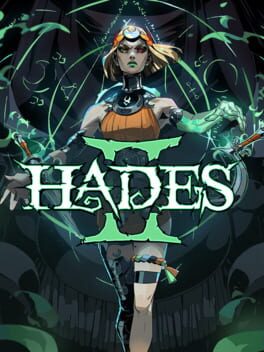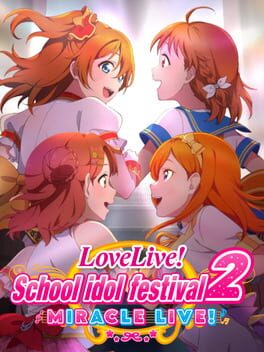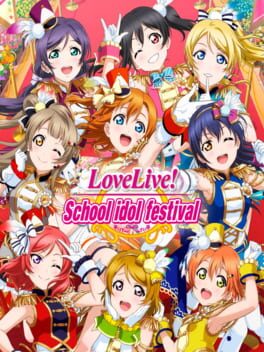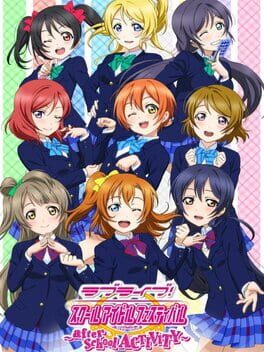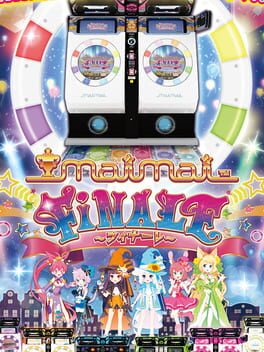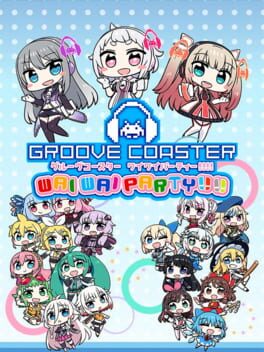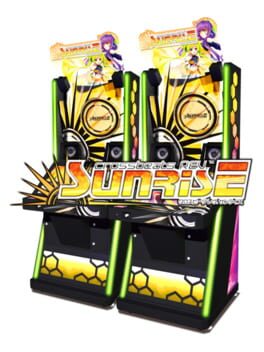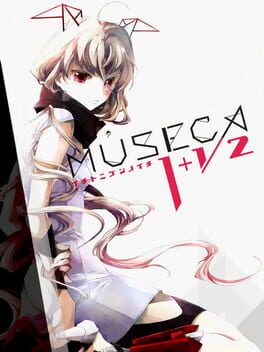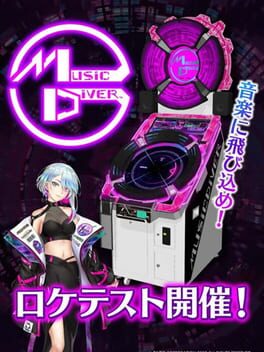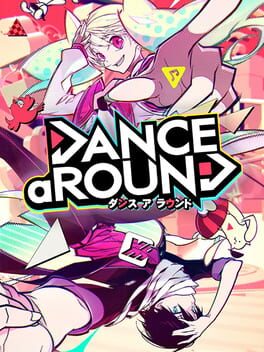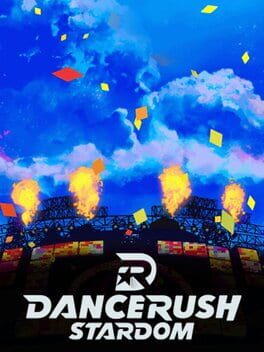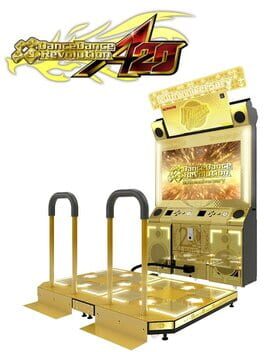CableVT
2024
Take a relatively solid, well-received formula, then pare down all of the interesting gameplay to a very simple formula, add dozens of useless upgrades and resource gathering minigames that gate content, and introduce dozens to hundreds of bugs that, while this is Early Access, hamper the experience even beyond where it was already. I played it, I beat it 6 times (not including the 3 or 4 runs I lost to game-breaking bugs), and I uninstalled it.
2018
2018
2018
Ongeki is, in my eyes, the platonic ideal of an arcade rhythm game. It combines a unique gameplay gimmick (bullet hell + rhythm) that uses a unique controller that isn't easily brought to the home market with a solid set of charts that create a difficulty curve that helps people learn a new gameplay paradigm quickly and easily. The lever was immediately easy to understand and use, and the symmetrical button layout meant that even as a lefty I had no issues learning the game in a way that I was comfortable with which is incredibly important in games with asymmetric button layouts.
As you progress in difficulties, the game starts to reveal the true depth of gameplay. You move from having to manage three buttons to managing them alongside the wall buttons and finally to managing all six buttons independently as you play. The learning curve up to master and even beyond is easy to understand and never leaves you wanting more, as there's always a harder chart in the next chapter that will continue to challenge you.
The only major hangup this game brings is the gacha-based progression. In my eyes, this game doesn't really need the levelling system or the secondary pass/fail conditions, but when the only major downside is a secondary system to the core gameplay loop, that's an incredible design.
As you progress in difficulties, the game starts to reveal the true depth of gameplay. You move from having to manage three buttons to managing them alongside the wall buttons and finally to managing all six buttons independently as you play. The learning curve up to master and even beyond is easy to understand and never leaves you wanting more, as there's always a harder chart in the next chapter that will continue to challenge you.
The only major hangup this game brings is the gacha-based progression. In my eyes, this game doesn't really need the levelling system or the secondary pass/fail conditions, but when the only major downside is a secondary system to the core gameplay loop, that's an incredible design.
It's incredibly ironic that the reason why this game is dying is because the hard drive is full, but it's still a fun and engaging experience. The ad-lib notes add a huge element of replayability to songs and encourage players to explore and play along to rhythms they perceive that a lot of other games don't really do.
2016
The song selection is top notch, but the gameplay leaves SO much to be desired. The buttons are fun and spinning is neat, but if "the buttons spin" is your one gimmick... what makes this a more compelling experience than a game with more buttons? To be honest, I don't know - I don't think the spins actually add much, and they resulted in a cabinet that is broken more often than it's functional. The foot pedal is also one of the worst gameplay ideas I've ever seen. It's fine, but I have 0 interest in touching this again.
2022
A new and fairly unique take on the arcade rhythm genre, Music Diver is like the game equivalent of playing tenors in a drumline. It's fun and deep and while some charts are garbage, it avoids the common touchscreen rhythm game problem of being hard to read by using small drum sticks that don't obscure the notes. It's fairly content rich and still being updated, too, which is a great sign.
2022
All things considered, this is probably the best use of the Kinect in years. It's an extension of the Dance Evolution series which is the third-best Kinect dancing game, but it's also the only that's still getting a release in the 2020s that doesn't require a specific VR headset. And you know what? That's good enough for me.
2018
I know the cabinets are kind of garbage and unreliable, but when they're working this is arguably the most fun dance game experience. It feels like actual dancing and encourages freestyling. The main downside, though, is the lack of difficulty (as you could play most 10s without moving much) and the absolute garbage quality of most pads.
When the cab works right and the chart is great, it's a transcendent experience. Unfortunately, that's not as common as you'd expect.
When the cab works right and the chart is great, it's a transcendent experience. Unfortunately, that's not as common as you'd expect.
